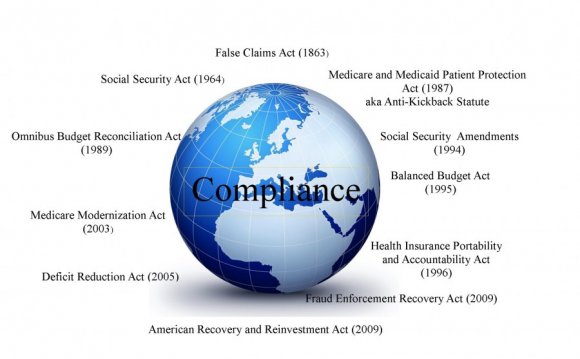
 It’s taken a while, but organizations are starting to see their compliance work as no more only a cost center, but rather like a value center that safeguards revenues and status and increases performance. A number of our customers are telling us, and news reviews and findings confirm, that organizations are employing ethics and compliance staff in a clip a minimum of as quickly as prior to the recession. Still, compliance leaders need to fight for that budget to construct their teams, just as much when it comes to technology and process as with headcount.
It’s taken a while, but organizations are starting to see their compliance work as no more only a cost center, but rather like a value center that safeguards revenues and status and increases performance. A number of our customers are telling us, and news reviews and findings confirm, that organizations are employing ethics and compliance staff in a clip a minimum of as quickly as prior to the recession. Still, compliance leaders need to fight for that budget to construct their teams, just as much when it comes to technology and process as with headcount.
They are subjects near and dear in my experience and also to The Network once we help organizations enhance their ethics and compliance programs with integrated corporate compliance software, targeted at driving worker engagement. I've seen numerous articles lately that are in position to prove my point that compliance is definitely beginning to achieve a chair while dining and discover traction using compliance guidelines.
Two articles within the The Wall Street Journal, “More Compliance Chiefs Get Direct Line to Boss, ” and “The Most popular Job in the usa: Compliance Officer, ” have great points about how exactly the specter of elevated enforcement and also the realization that compliance can produce a positive difference are placing compliance chiefs inside a new and better light. CCOs and CECOs (or because the WSJ authors say, “chief in-house watchdogs”) are changing their focus more about what one chief compliance officer calls “preventative law, ” a positive approach that actually works to teach and train managers and employees alike on risks they might not know exist.
We’ve written before concerning the stress that’s placed on compliance chiefs – every single day once they are accountable to work, they're attributed for that good-standing of the company. Many can’t go ahead and take stress and merely leave. Many feel disconnected in the professionals and company directors of the organizations and therefore are left to flounder by themselves. Many believe that compliance in their organization is treated just like “veneer, ” as you former risk manager place it. Without support, assets, a genuine amount of accountability and oversight, CCOs are not only seen consumed with stress – they're established to fail.
However, that perception of accountability is particularly important since information mill urged by legislators and government bodies to provide their CCOs a far more direct line towards the board of company directors, with simply a dotted line to chief professionals. In so doing, BODs are giving more emphasis for their compliance initiatives. Integrated corporate compliance software, such as the Network’s Integrated GRC Suite, gives CCOs the metrics they have to create a situation prior to the board and also to illustrate the requirement for better guidelines, better training, better ethics and compliance related communications, better risk checks, and confirming abilities.
RELATED VIDEO












